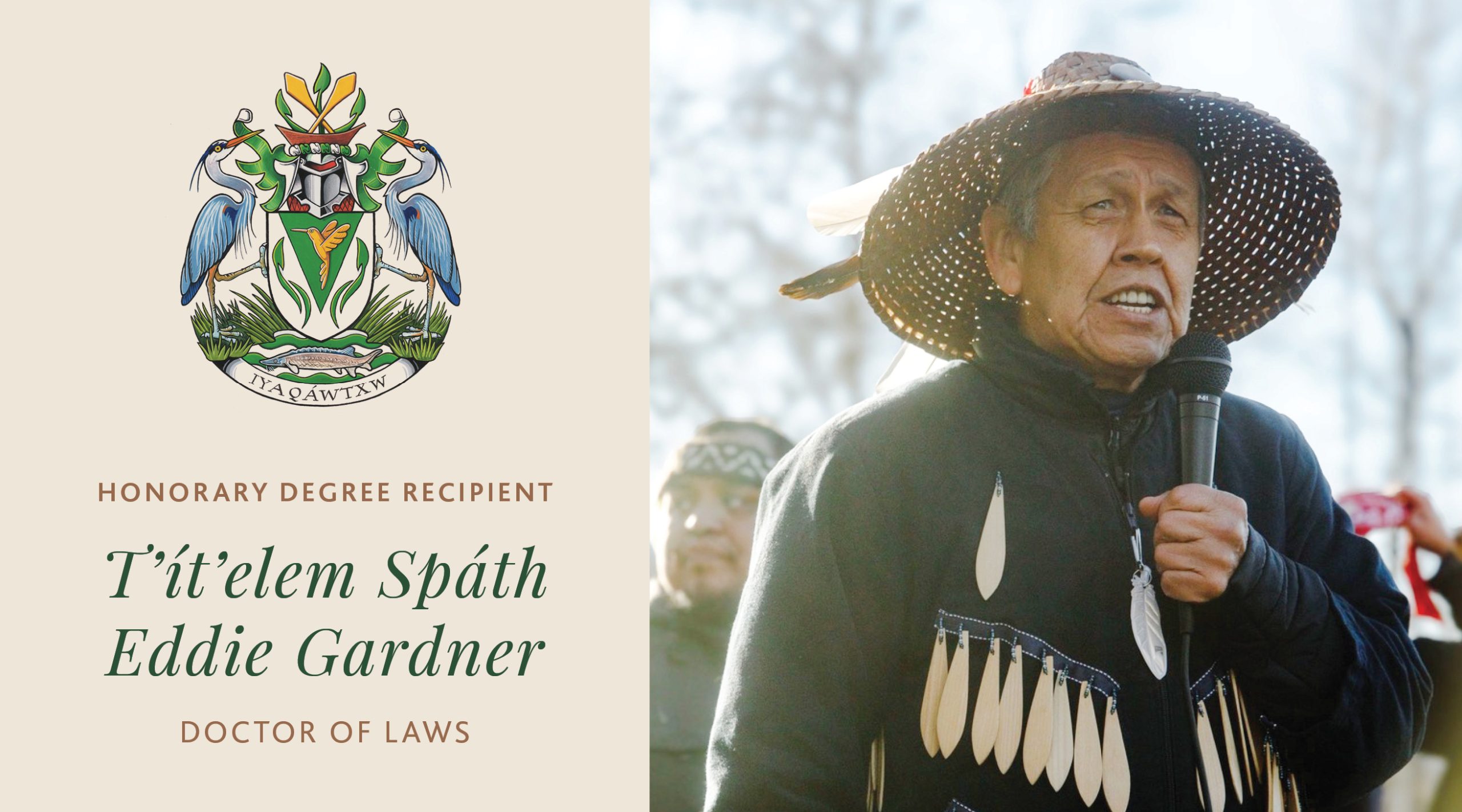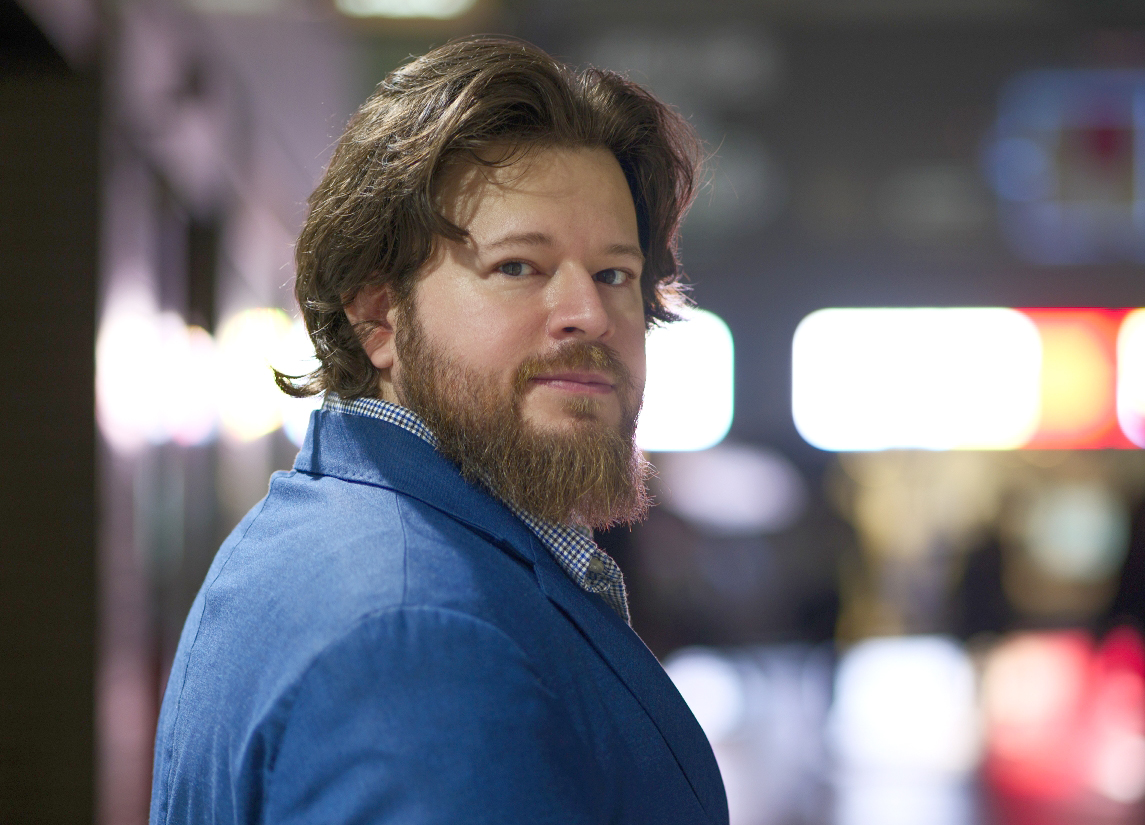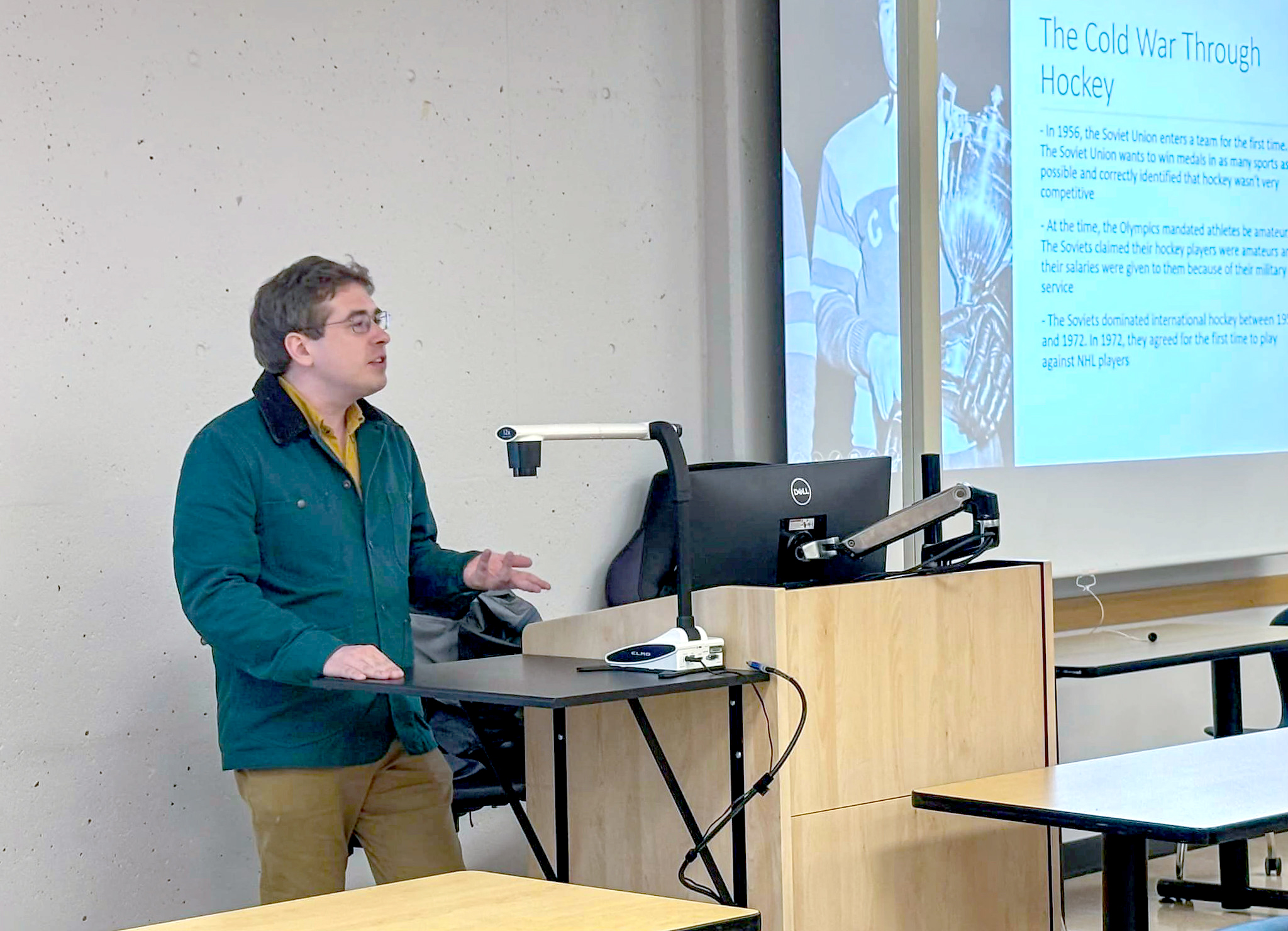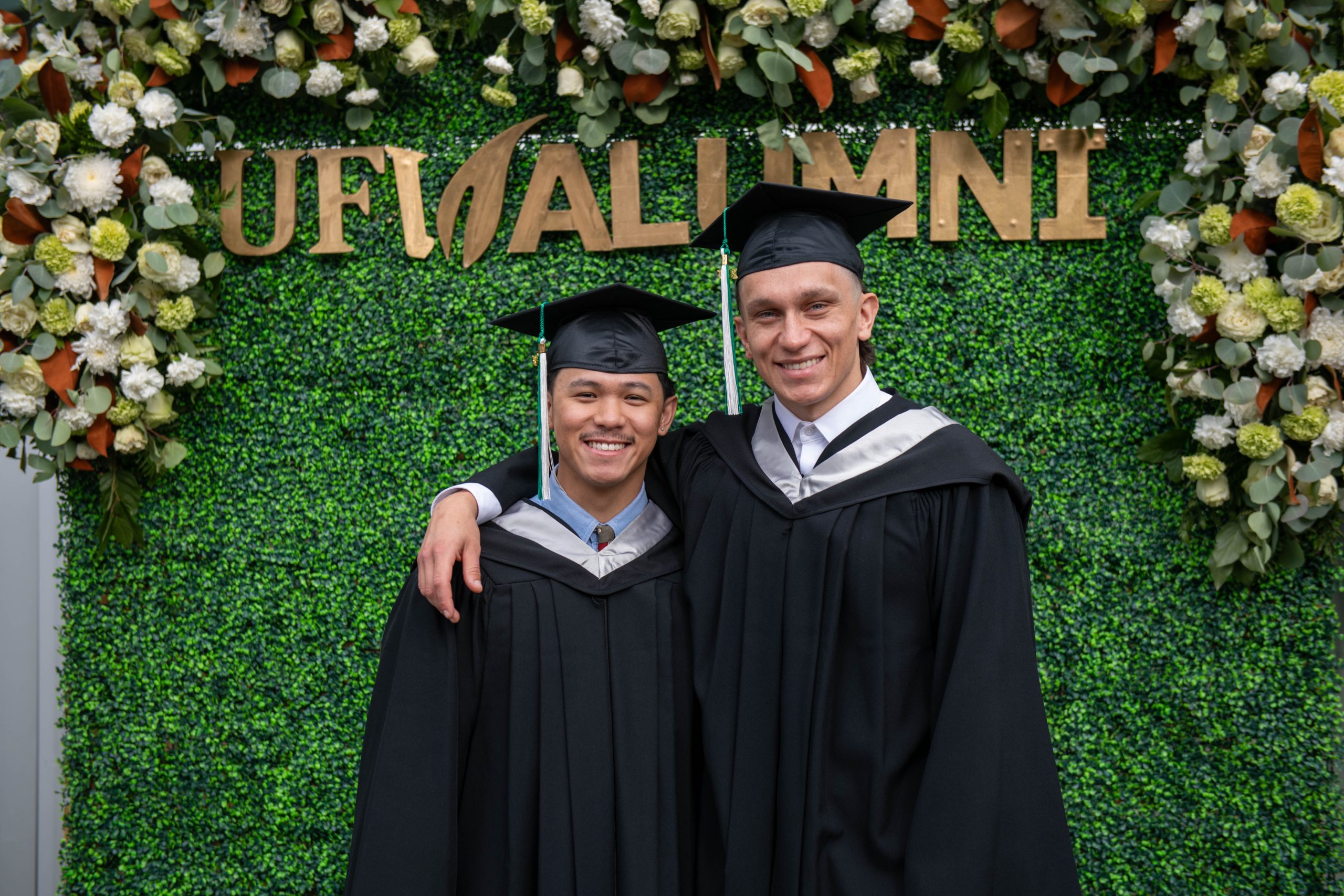2024 UFV Honorary Degree recipient Eddie Gardner: Harmony in action
 Eddie Gardner was drawn to drumming and singing at an early age, from learning songs from Indigenous people back east where he grew up, to having Stó:lō songs come to him upon returning to his territorial and cultural roots. “Songs help connect us with our ancestors and bring harmony and joy to the work we do for the greater good,” says Eddie. This resonates with his name T’ít’elem Spáth, which means “Singing Bear.”
Eddie Gardner was drawn to drumming and singing at an early age, from learning songs from Indigenous people back east where he grew up, to having Stó:lō songs come to him upon returning to his territorial and cultural roots. “Songs help connect us with our ancestors and bring harmony and joy to the work we do for the greater good,” says Eddie. This resonates with his name T’ít’elem Spáth, which means “Singing Bear.”
A distinguished leader within the Stó:lō community, Eddie’s life embodies a profound commitment to Indigenous rights, environmental sustainability, and cultural revitalization. He has always demonstrated innovative and visionary leadership. His dedication and generous contributions have not only enriched our society, but also significantly improved the quality of life for the Indigenous community and those around him.
In recognition of a life of service to his community, T’it’elem Spath / Eddie Gardner was awarded an honorary Doctor of Laws during UFV’s Convocation celebration on Tuesday, June 11, 2024.
“You can feel it and see it all around us. Climate change is the defining issue of our times and we all have to do our part,” Eddie says when asked what motivates his work. “We have a saying in our language, you know, – s’ólh téméxw te ikweló, xyólhmet te mekw’ stám it kwelát – this is our territory, we have to take care of everything that belongs to us.” Chilliwack Tourism recognized his commitment to this teaching by recognizing him as a “Protector of the Gift!”
Central to Eddie’s vision of the future is the restoration, protection and preservation of natural resources, particularly the iconic five species of Pacific wild salmon. As the president of the Wild Salmon Defenders Alliance, he takes every opportunity to educate about the urgent need to safeguard their habitats.
“Salmon have been central to our economy, our culture, our spirituality,” says Eddie. “Wild salmon is now known as a climate regulator because they are a powerful life-force supporting the biodiversity upon which we depend. If we don’t prevent the salmon from going extinct, it’s going to have devastating and irreversible impacts.”
Using art and creative expression with the Wild Salmon Caravan, which travelled from the Pacific Ocean to the headwaters spawning grounds, Eddie advocates for the restoration and protection of wild salmon habitats, sustainable fishing practices, and the removal of open net-pen fish farms from salmon migration routes. “Science without spirit is incomplete,” he says, “knowing the dangers to salmon and caring for them with technology and western science is essential, but equally important is the power of spiritual ceremonies, sacred songs, and storytelling that elevates the true value of wild salmon as a keystone species and inspires action to defend them.”
This approach is more recently evident in Eddie’s work as a founding member of Éy St’elmexw St’elt’ílém – Good Medicine Songs (GMS). The group uses a lively musical blend of eco-rock, Stó:lõ drumming and singing and flute music. GMS song lyrics are in Halq’emélem and English, embedded in the rich heritage of the Stó:lō people. This unique musical style is an inspirational way of bringing the Halq’emélem language and heritage alive in an intercultural way, inspiring people from different backgrounds to foster a spiritual and caring relationship to the land, water and resources. “I am grateful that School District 33 has included Good Medicine Songs in their school curriculum,” said T’ít’elem Spáth.
His cultural mentorship, embodied in sweat lodge ceremonies and annual ‘S’íwes Téméxw – Teachings of the Earth’ ceremonies by the Vedder River every January 1st, serves as a cross-cultural bridge, contributing to the preservation of Stó:lō laws, values and virtues known as Snoweyelh.
Eddie has served various federal, provincial, and First Nations governments and private sector agencies across Canada. He took part in the Constitution Express led by the Union of BC Indian Chiefs in the early 1980s, which played a crucial role in enshrining Aboriginal and Treaty Rights in the Canadian Constitution. His continued involvement in civic leadership, including his election to the Skwah First Nation Council in 2020, underscores his enduring commitment to Indigenous governance and land stewardship at the local level.
Eddie’s work also extends to the realm of post-secondary education with several advisory roles at UFV. He has served as Indigenous Advisor to the School of Social Work and Human Services, and as an Elder-in-Residence with the Indigenous Student Centre. He is an honorary member of UFV alumni. “Elder Gardner has significantly contributed to making UFV a welcoming and inclusive environment for Indigenous students from across the Fraser Valley,” offers Aaron Pete, also a UFV alumni and councillor for the Chawathil First Nation.
As Eddie approaches this milestone in his career, his legacy of leadership and service shines on, while the likelihood of his stopping soon is nowhere in sight. His journey, just like the wild salmon’s, is marked by resilience, and serves as an inspiration to students, faculty, staff, and alumni. But Eddie turns the recognition back to the community.
“When we think about how powerful our minds, hearts, feelings and spirits are, we can achieve peaceful co-existence when we learn to work and live together in harmony with the earth as co-creatives.” Through his unwavering commitment to Indigenous rights, environmental conservation, and cultural resilience, Eddie has left an indelible mark on the landscape of British Columbia, enriching lives, and fostering positive change for generations to come.
“We humans belong to Mother Earth, not the other way around” he says, “and when we earthlings take good care of her, she will care for us and all our relatives in the natural world.”




